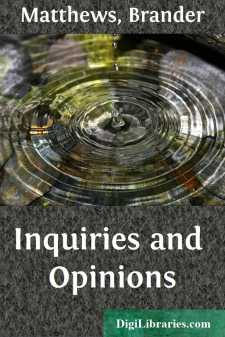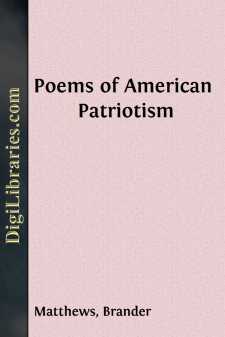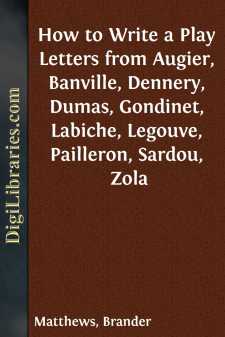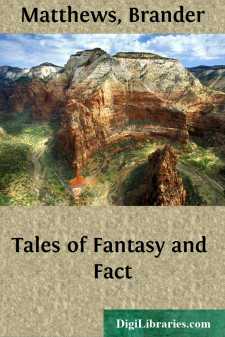Categories
- Antiques & Collectibles 13
- Architecture 36
- Art 48
- Bibles 22
- Biography & Autobiography 813
- Body, Mind & Spirit 142
- Business & Economics 28
- Children's Books 14
- Children's Fiction 11
- Computers 4
- Cooking 94
- Crafts & Hobbies 4
- Drama 346
- Education 46
- Family & Relationships 57
- Fiction 11828
- Games 19
- Gardening 17
- Health & Fitness 34
- History 1377
- House & Home 1
- Humor 147
- Juvenile Fiction 1873
- Juvenile Nonfiction 202
- Language Arts & Disciplines 88
- Law 16
- Literary Collections 686
- Literary Criticism 179
- Mathematics 13
- Medical 41
- Music 40
- Nature 179
- Non-Classifiable 1768
- Performing Arts 7
- Periodicals 1453
- Philosophy 64
- Photography 2
- Poetry 896
- Political Science 203
- Psychology 42
- Reference 154
- Religion 513
- Science 126
- Self-Help 84
- Social Science 81
- Sports & Recreation 34
- Study Aids 3
- Technology & Engineering 59
- Transportation 23
- Travel 463
- True Crime 29
Inquiries and Opinions
by: Brander Matthews
Categories:
Description:
Excerpt
LITERATURE IN THE NEW CENTURY
[This paper was read on September 24th, 1904, in the section of Belles-lettres of the International Congress of the Arts and Sciences, held at St. Louis.]
There is no disguising the difficulty of any attempt to survey the whole field of literature as it is disclosed before us now at the opening of a new century; and there is no denying the danger of any effort to declare the outlook in the actual present and the prospect in the immediate future. How is it possible to project our vision, to foresee whither the current is bearing us, to anticipate the rocks ahead and the shallows whereon our bark may be beached?
But one reflection is as obvious as it is helpful. The problems of literature are not often merely I literary; and, in so far as literature is an honest attempt to express life,—as it always has been at the moments of highest achievement,—the problems of literature must have an intimate relation to the problems which confront us insistently in life. If we turn from the disputations of the schools and look out on the world, we may discover forces at work in society which are exerting also a potent influence upon the future of literature.
Now that the century in which we were born and bred is receding swiftly into the past, we can perceive in the perspective more clearly than ever before its larger movements and its main endeavor. We are at last beginning to be able to estimate the heritage it has left us, and to see for ourselves what our portion is, what our possessions are, and what our obligations. While it is for us to make the twentieth century, no doubt, we need to remember that it was the nineteenth century which made us; and we do not know ourselves if we fail to understand the years in which we were molded to the work that lies before us. It is for us to single out the salient characteristics of the nineteenth century. It is for us to seize the significance of the striking advance in scientific method, for example, and of the wide-spread acceptance of the scientific attitude. It is for us, again, to recognize the meaning of that extension of the democratic movement, which is the most obvious characteristic of the past sixscore years. It is for us, once more, to weigh the importance of the intensifying of national spirit and of the sharpening of racial pride. And, finally, it is for us to take account also of the growth of what must be called "cosmopolitanism," that breaking down of the hostile barriers keeping one people apart from the others, ignorant of them, and often contemptuous.
Here, then, are four legacies from the nineteenth century to the twentieth:—first, the scientific spirit; second, the spread of democracy; third, the assertion of nationality; and, fourth, that stepping across the confines of language and race, for which we have no more accurate name than "cosmopolitanism."
I
"The scientific spirit," so an acute American critic defined it recently in an essay on Carlyle,—who was devoid of it and detested it,—"the scientific spirit signifies poise between hypothesis and verification, between statement and proof, between appearance and reality....





